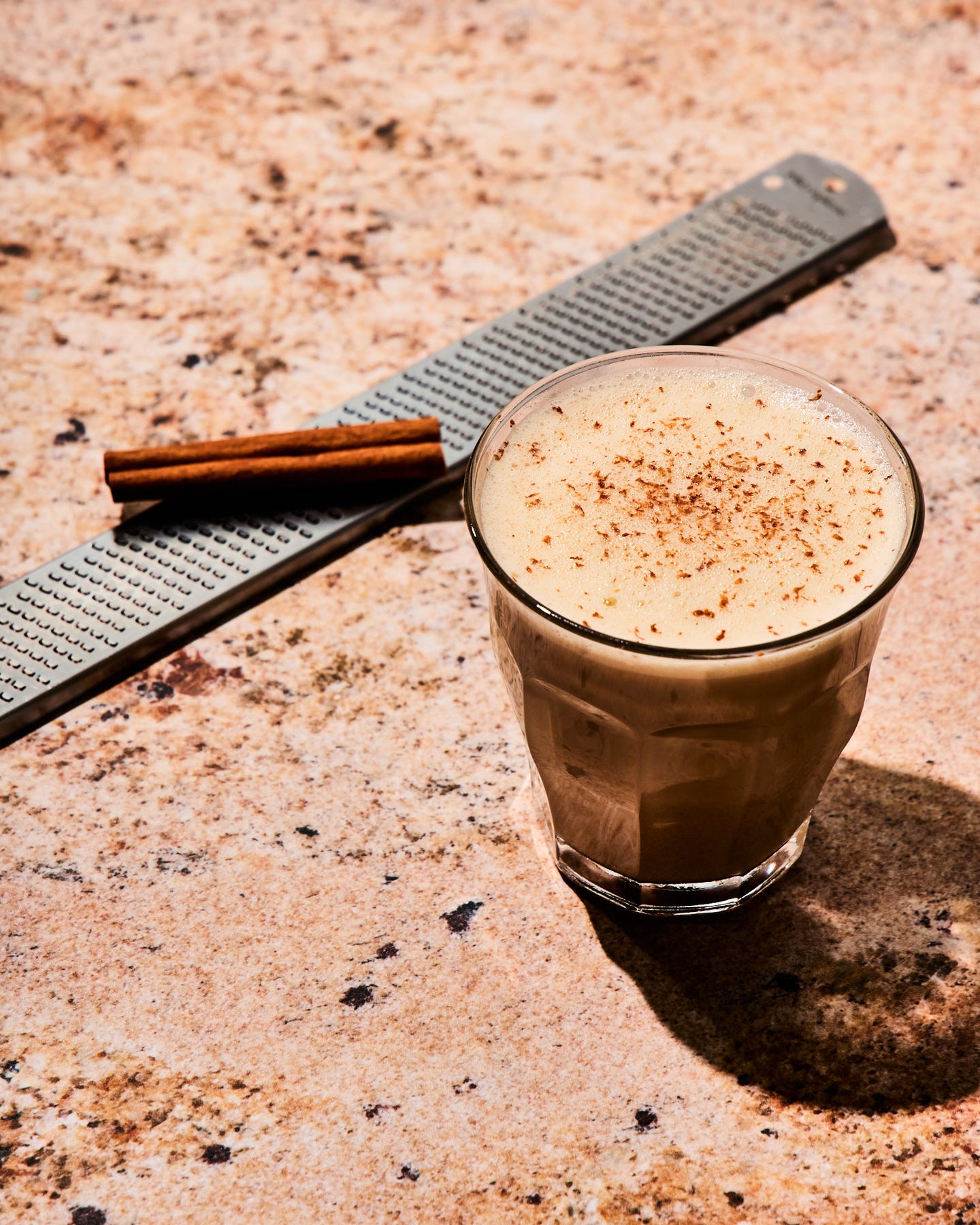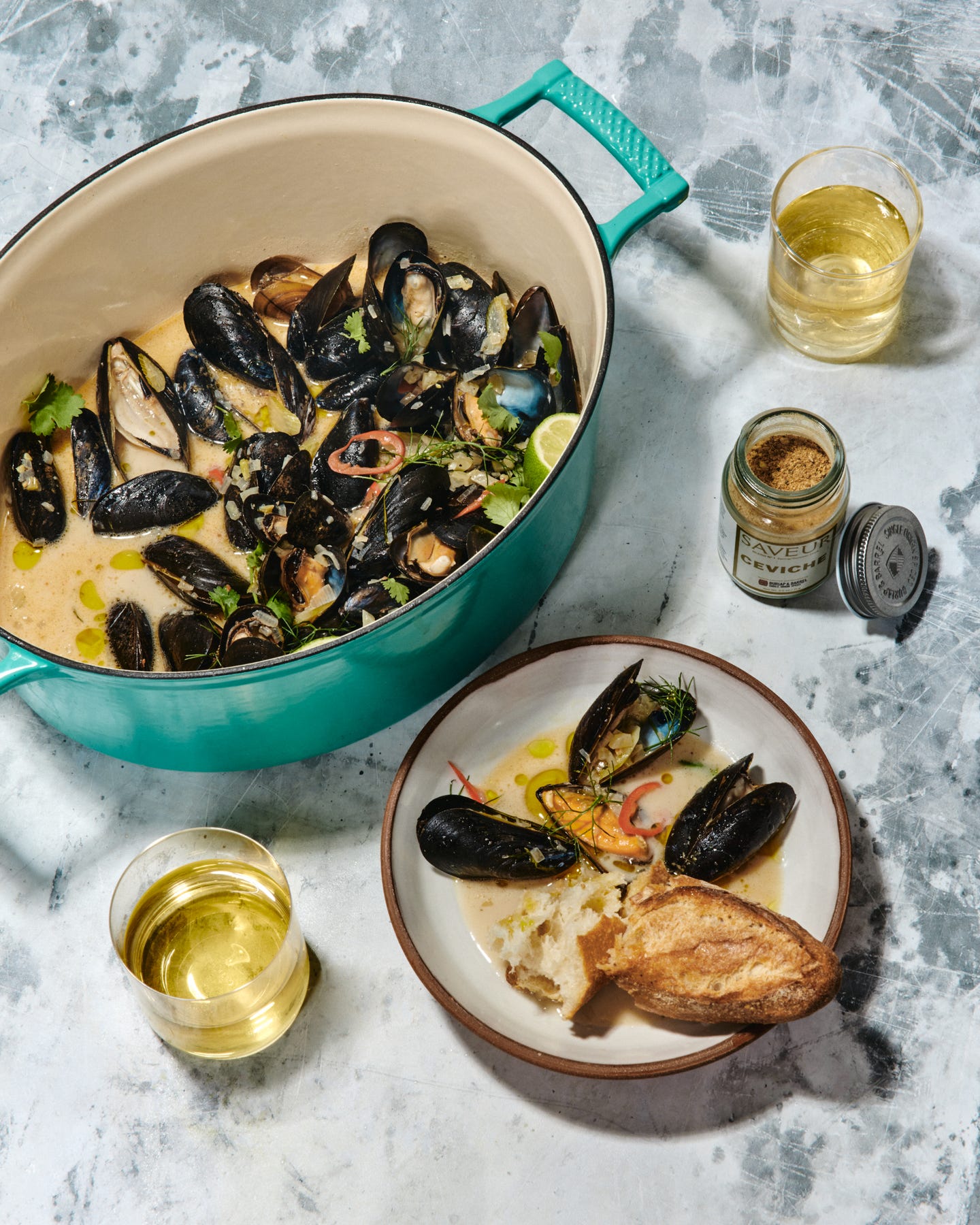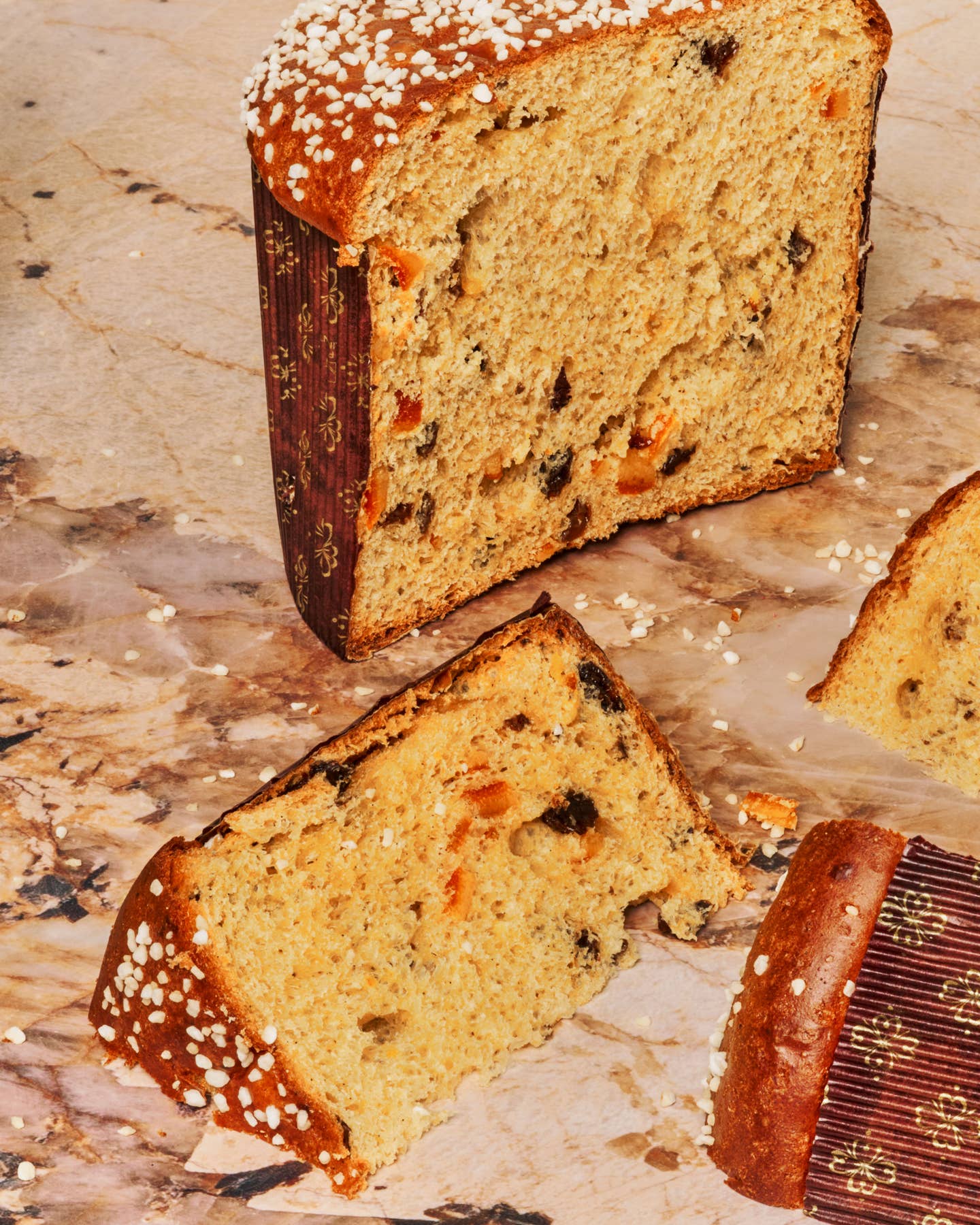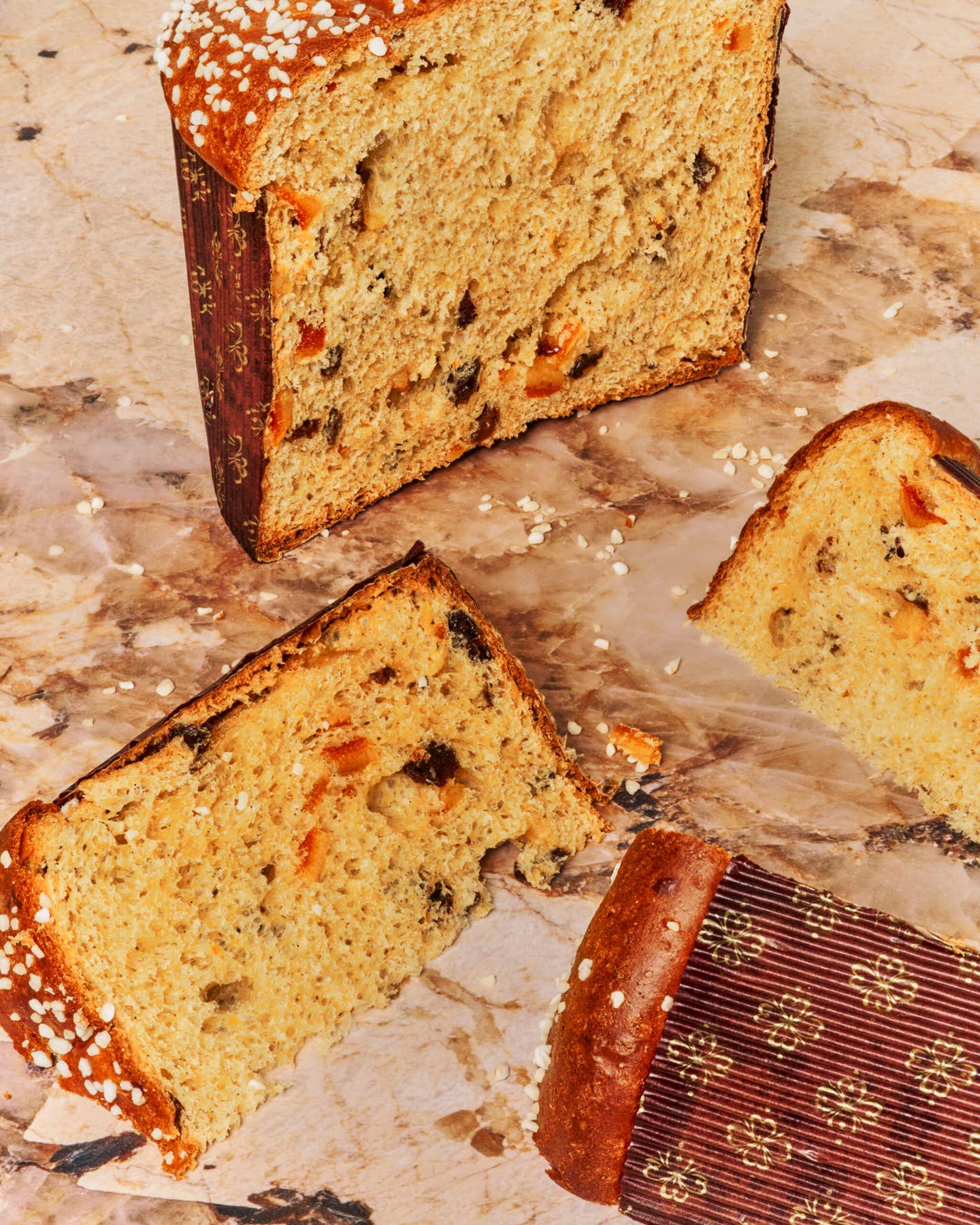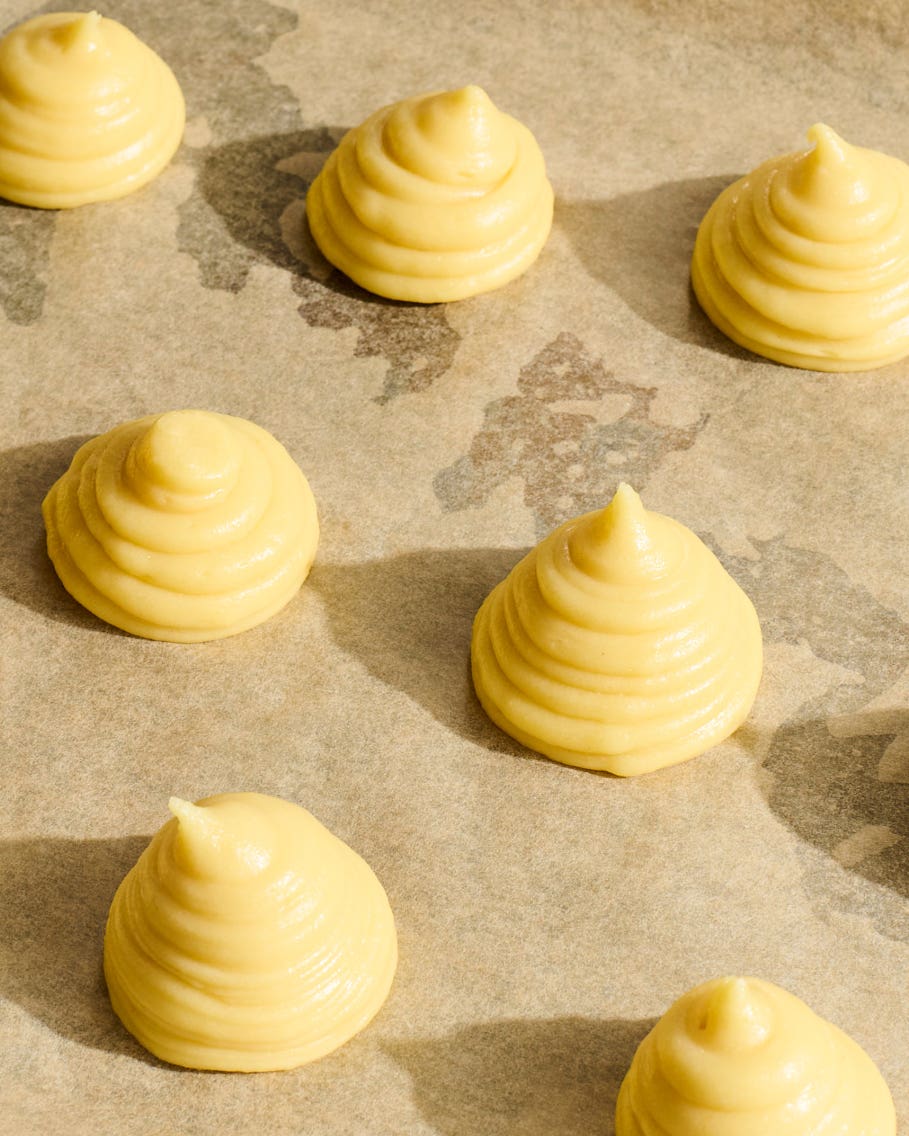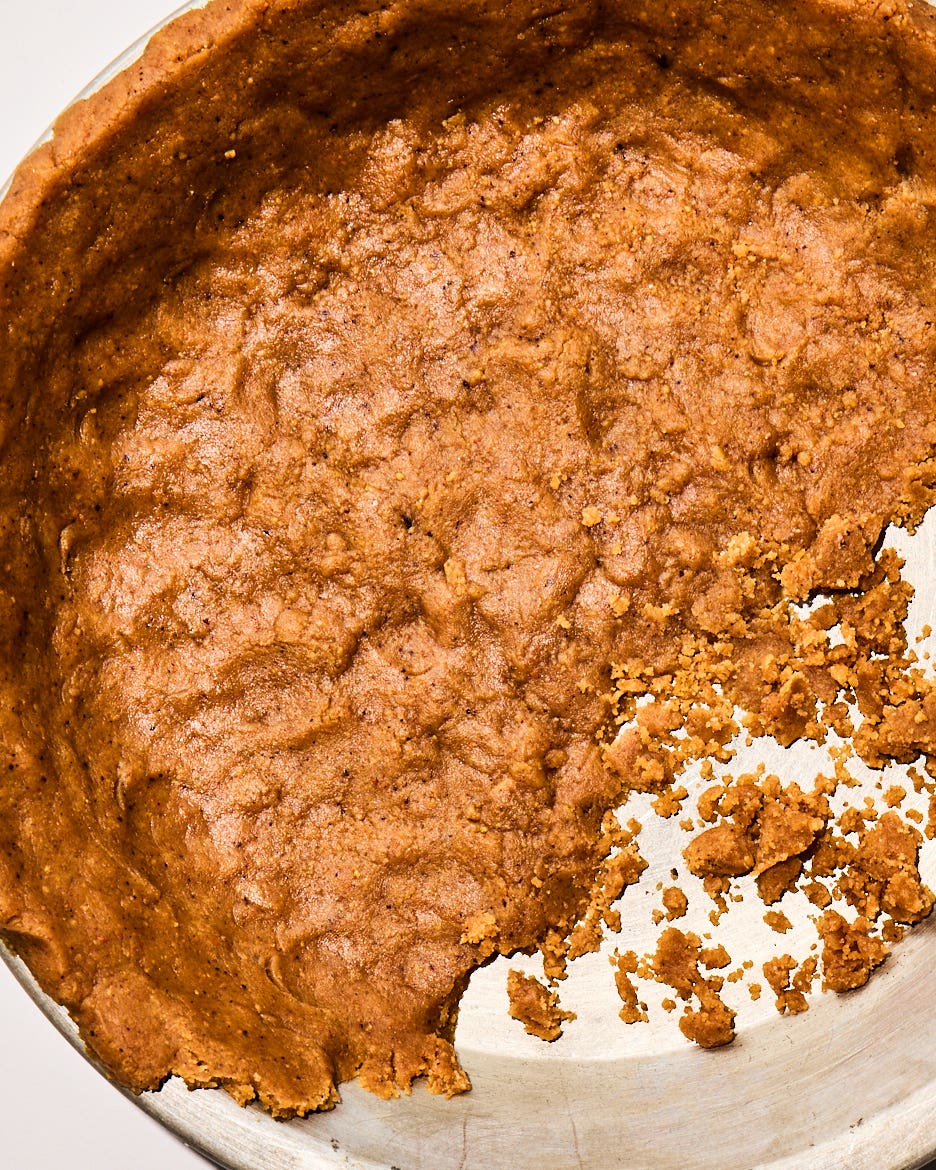
North American Crab
The many crab species fished from North America's coastal waters vary greatly in size, appearance, taste, and texture and lend themselves to an immense array of dishes. There are six varieties that we use the most and are commercially available, either live, cooked, frozen, or in lump form (that is, picked and packaged).
King Crab
Weighing 11 pounds or more on average and achieving a leg span of up to six feet from tip to tip, the majestic king crab is harvested in the Arctic waters of the Bering Sea. Three distinct species are sold under the name king crab, though Lithodes aequispinus (golden or brown king crab) is the most widely available. The king’s exceptionally sweet leg meat has a silky richness that is comparable to-and, some contend, exceeds-that of lobster meat.
Blue Crab
The most popular crab variety along much of the Eastern seaboard is the sweet-tasting blue crab. Male blue crabs are usually meatier than the females and thus tend to be the best for preparations that call for eating the crabs whole-the preferred method among many Easterners, especially denizens of the Chesapeake Bay region, a primary fishing area. (Softshell blue crabs are available in the spring and summer, when the crustaceans molt their hard outer shells.)
Stone Crabs
Stone crabs are fished solely for the clean-tasting meat of the animals’ reddish-orange, black-tipped right claw, which harvesters snap off from the live catch before throwing the crab back into the water, where it will grow a new appendage. Stone crabs are commercially fished from the Carolinas south to the Caribbean and Mexico; they’re a celebrated delicacy in Florida, where cooks serve them with a mustard sauce.
Dungeness Crab
The meaty claws, legs, and body of succulent dungeness crab, which range from six to nine inches wide when the crab is harvested, have helped to make it the principal commercially fished variety along the Pacific coast. A favorite preparation for dungeness crab is cioppino, a Portuguese-style seafood stew that originated in San Francisco.
Snow Crab
The snow crab, also known as queen crab, has strikingly long legs, which constitute the only part of the crab sold commercially. Snow crab legs, like king crab legs, are most commonly sold frozen because of the remoteness of the fishing grounds, most of which are also concentrated in Alaska. Snow crabs’ sweet, briny flavor matches up beautifully with drawn butter.
Keep Reading
Continue to Next Story






